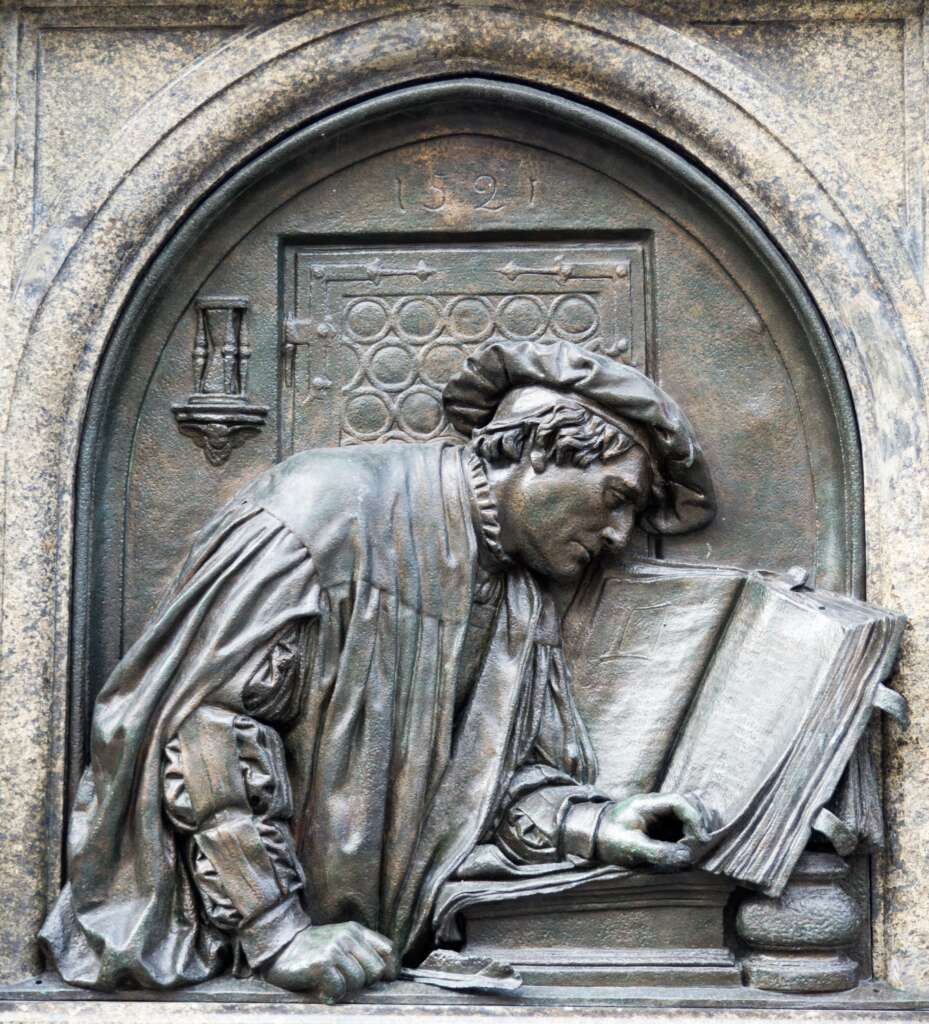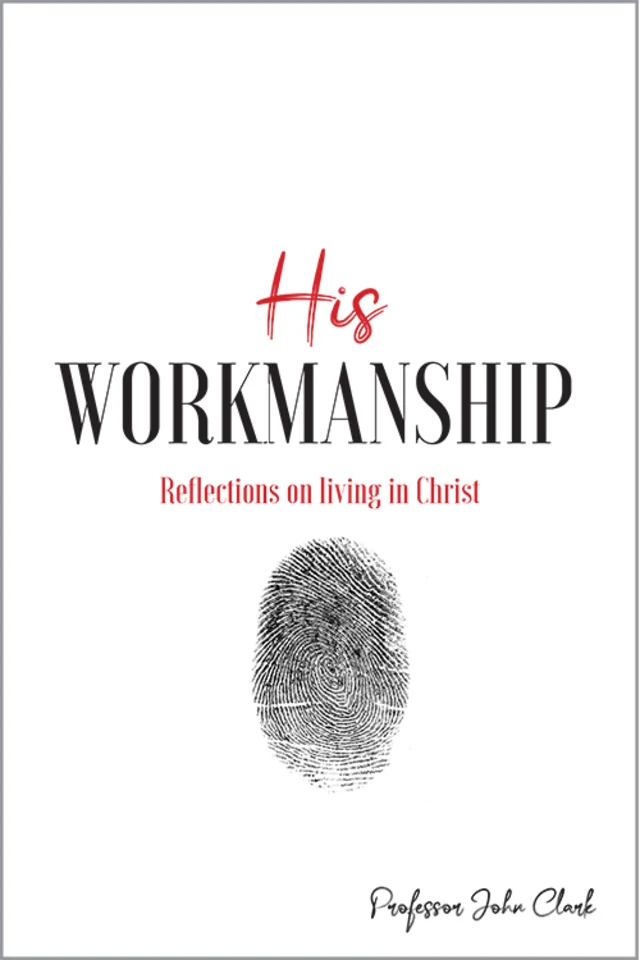Writing to the church in Ephesus, Paul explains, “For we are his workmanship, created in Christ Jesus for good works, which God prepared beforehand, that we should walk in them” (Ephesians 2:10).
Ephesians one and two really are “Salvation 101”, because in these two opening chapters Paul is at great pains to ensure we all understand that both our redemption in Christ and the transformed relationship we have with God as a result are His doing alone. The good works we do are the result of our new relationship with God, a relationship only made possible because Jesus died to pay the penalty for all our wrong-doing once for all time.
Don’t ever let anyone tell you that it works the other way around. Nobody can earn a place in heaven by doing good works. Good works in themselves are just part of the evidence that we really are “his workmanship”.
Paul explores this basic truth in several of his letters to the young churches he helped to found. In 2 Corinthians 5:17, Galatians 2:20 and elsewhere, he explains that when we come to faith in Jesus as our Saviour, we become a new creation. God has given us the ultimate make-over, and it is now Christ who lives in us, even though the ongoing human frailty of our old self remains part of us for the rest of this present life.

An illustration of Martin Luther, commemorating 1521, the year he refused to recant the theological theses which launched the Protestant Reformation. Wim van 't Einde / Unsplash
Martin Luther’s life and the course of western history were changed forever when he discovered this basic truth while studying Paul’s letter to the Roman church. Before this, he’d given himself a hard time spiritually and physically by trying, misguidedly and to no avail, to earn his own salvation.
Ironically, the truth which Luther finally discovered had actually been there on record since the time of Abraham, thousands of years earlier. Genesis 15:6 records that Abraham had faith in God’s plans for him, and God counted this faith as righteousness. The Lord of Creation has had our salvation on His agenda ever since the time of Adam and Eve.
Like it or not, we will continue to see evidence of the old nature in even the most godly fellow believers.
But this is far from the end of the matter. Sure, when we do come to faith, people around us should see a marked difference in our lifestyle, our attitudes, our moral standards and our love and practical concern for the needs of other people. Accepting in faith that God has forgiven us because Jesus paid with his life for all our wrong-doing, and that we are now “living in Christ” as a new creation, doesn’t mean we are immediately living a perfect life.
Quite the contrary. This side of heaven there is no way that our behaviour and our lifestyle will ever be perfect. In Romans 7, Paul records his own experience of the bewildering conflict we all face in this life, because even when we are living in Christ we face an inevitable struggle between our old self and our “new creation” nature. “For I do not do the good I want, but the evil I do not want is what I keep on doing”, he tells us in Romans 7:19 (ESV).
This is the life-long challenge every believer faces. As we relate to those around us, we all need to remember that, while we should always expect to see the holiness of God in ourselves and other believers, we must at the same time accept the fact that, like it or not, we will continue to see evidence of the old nature in even the most godly fellow believers.
Jesus anticipated this challenge.
One of the great lessons we need to learn, therefore, from this struggle between our basic sinful nature and the nature we enjoy as a new creation in Christ, is our need to exercise real tolerance, grace and love as we encounter the inevitable and indeed predictable imperfections in the behaviour of those around us.
Nor should we ever forget that the imperfections we see in other believers are in reality no different to our own! Jesus anticipated this challenge in the sermon on the mount recorded in Matthew 5:6-7 when he was warning people about judging each other. “Why do you see the speck that is in your brother’s eye, but do not notice the log that is in your own eye?” he asks. This is a sobering and ongoing lesson for every last one of us in our daily Christian walk, and learning it is surely part of becoming “his workmanship”.
In exploring some of the challenges we all face as believers living in Christ as a new creation, while at the same time contending with our old nature, some readers may be interested to look at my recent book, His Workmanship, which explores some of the regular challenges we face in a little more detail.

His Workmanship, by Professor John E. Clark
The book has 10 chapters, each one designed to be read independently, and the majority of them address issues which are common to us all in our daily Christian walk and behaviour. Topics covered include grace, faith, assurance, doubt, trust, prayer and temptation. All these bear directly on the general challenge of living in Christ while at the same time we are dealing with the daily struggle between our new and our old natures. Very importantly, our witness to others, be they believers or not, in this ongoing struggle should provide some of the tangible evidence that, having come to faith in Christ, we truly are becoming “his workmanship”.


